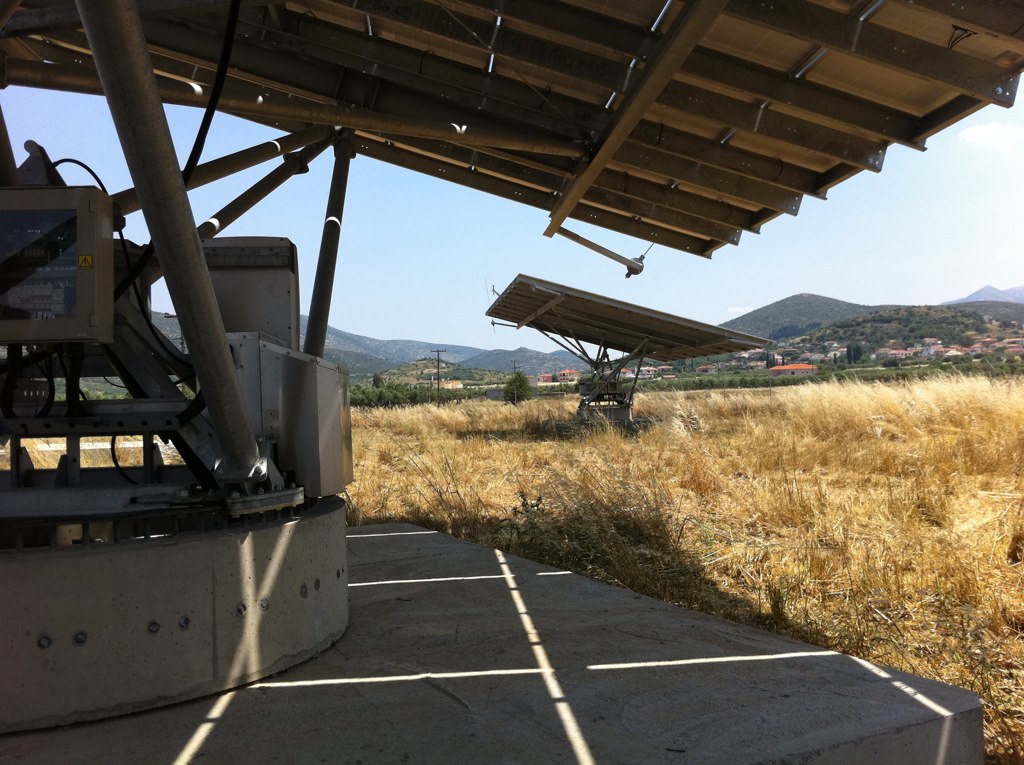Greek Prime Minister Kyriakos Mitsotakis and Abu Dhabi Emirate Mohammed Bin Zayed Al Nahyan signed a number of new cooperation agreements this week covering a range of economic sectors, showcasing their strong political and trade relationship.
The two leaders agreed to set up a new €4 billion ($4.2 billion) investment initiative to invest in various sectors of Greece’s economy, with a clear focus on renewable energy, hydrogen and the greening of industry. Renewables developer Masdar, which is fully owned by the Abu Dhabi government’s Mubadala Investment Co., also signed three memoranda of understanding (MoU) with its Greek counterparts.
It signed the first MoU with Athens for the development of renewable energy and energy efficiency projects on Greece’s “eco-islands.” The issued press release did not identify the islands, but it was likely referring to Greece’s recent “Gr-Eco Islands Initiative,” which was launched in November.
Mubadala Investment signed the second MoU with Greece’s Kyoto SA to establish a joint venture focusing on the development of onshore renewable energy projects. But the deal is not the first time Masdar and Kyoto SA have agreed to cooperate. In May 2021, a joint venture between Masdar and Finland’s Taaleri signed an agreement with Kyoto SA and Autohellas SA to build a 65 MW solar farm in Viotia, central Greece. The project has secured a generating license from the Greek energy regulator and is expected to participate in future Greek renewable power tenders, in pursuit of a premium tariff. A generation license is a prerequisite for a project to bid in Greece’s tenders.
Masdar signed its third MoU with Greece’s Motor Oil. The two sides mainly to build offshore wind power plants in Greece. In addition, Motor Oil signed a separate agreement with Abu Dhabi National Oil Co. (ADNOC) to examine potential supply routes for Emirati liquified natural gas (LNG) to Greece. The Greek government has set up an ambitious plan to become Europe’s LNG getaway, with a number of new LNG terminals under construction. A lot of gas producers are now eyeing partnerships with Greece as a result.
It remains to be seen firstly whether the new €4 billion investment initiative will flourish, or what direction it will take. There is always the danger that such press releases are used for greenwashing, while most of the investments focus on fossil fuels.
New tenders
Greece’s environment and energy minister, Kostas Skrekas, told Greek reporters in April that the ministry is now preparing two new joint renewable energy tenders for later this year. The auctions will focus on PV and wind power, with plans for each of them to award 1 GW of renewable power capacity. Greece’s last round of renewable power auctions took place in May 2021.
Skrekas said last year that Greece was preparing to auction 700 MW of battery storage capacity by the end of 2021, but his pledge did not materialize. However, the battery storage tenders could take place this year, too. The Greek Ministry of Environment and Energy recently pushed a new bill for public consultation, and it introduces an energy storage framework for the country for the first time ever.
The bill includes provisions for floating PV and marks Greece’s second effort to reform its renewable energy licensing regime, by streamlining all licenses under a so-called “one-stop shop.” The public consultation period ends this week. As soon as the new bill becomes law, Greece can host its first auction for energy storage.
This content is protected by copyright and may not be reused. If you want to cooperate with us and would like to reuse some of our content, please contact: editors@pv-magazine.com.



1 comment
By submitting this form you agree to pv magazine using your data for the purposes of publishing your comment.
Your personal data will only be disclosed or otherwise transmitted to third parties for the purposes of spam filtering or if this is necessary for technical maintenance of the website. Any other transfer to third parties will not take place unless this is justified on the basis of applicable data protection regulations or if pv magazine is legally obliged to do so.
You may revoke this consent at any time with effect for the future, in which case your personal data will be deleted immediately. Otherwise, your data will be deleted if pv magazine has processed your request or the purpose of data storage is fulfilled.
Further information on data privacy can be found in our Data Protection Policy.